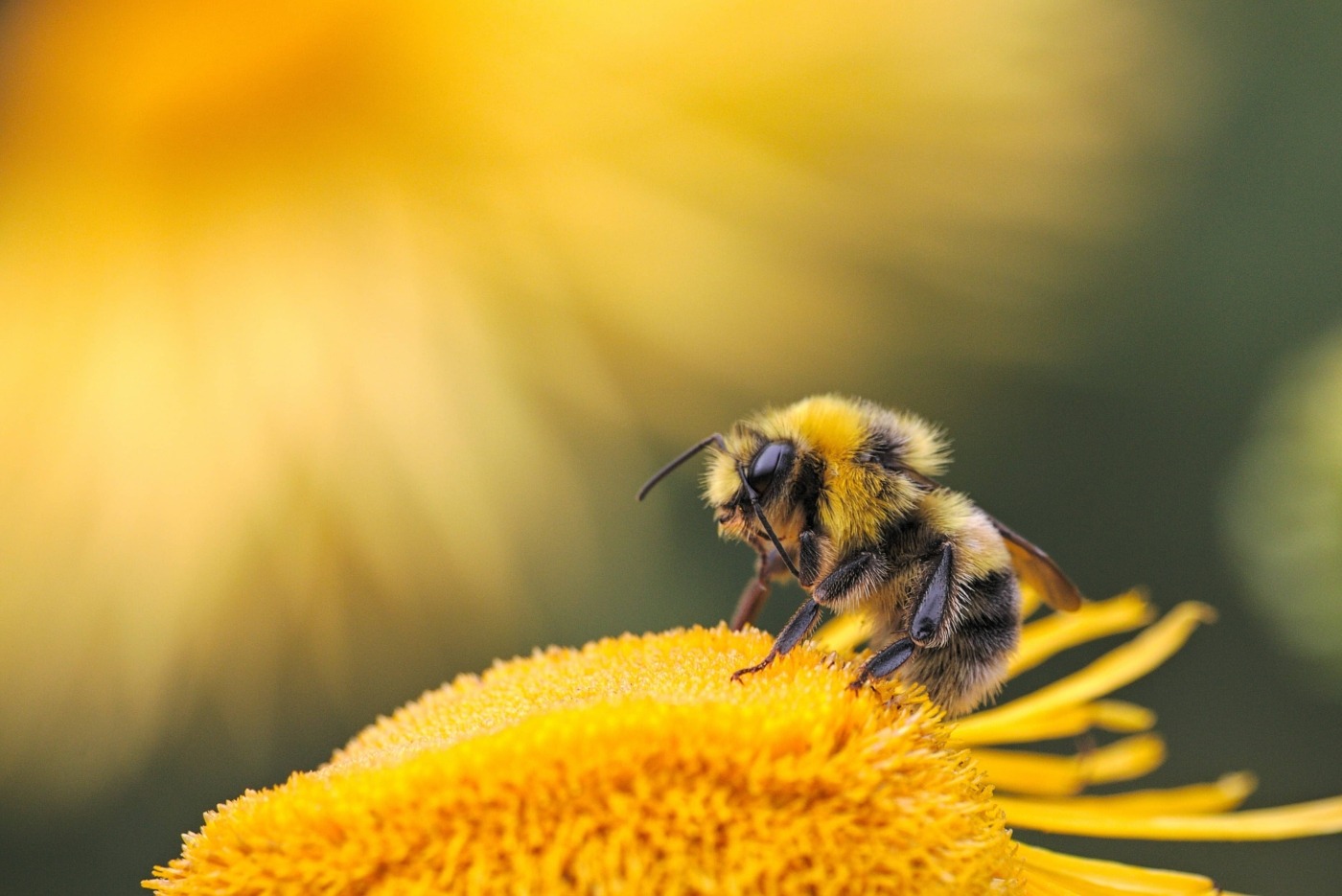Laline Paull’s ‘The Bees’ is the best Mother’s Day gift
There are so many books perfect to buy for Mother’s Day, but Laline Paull’s The Bees is by far the best. It follows the story of Flora 717, a worker bee who was born into the lowest rung of her hive society. Through her relentless inquisitiveness, determination and maternal instincts, Flora overcomes the dystopian, authoritarian society she lives in.
First and foremost, The Bees is part allegory, reflecting the intensity of modern life. The state of the hive demands cooperation, and entire devotion to the social and pseudo-economic cogs that keep the hive running. The bees themselves regulate each other, firmly placed within their social group in the hierarchy of bees, controlled by how much they are fed when they are young. This all-too-chillingly mirrors the connection between place and ‘station’ of birth in our society and our likelihood for success, fame and luxury. There is a clear echo in The Bees of some of the most recognisable dystopias of George Orwell and Margaret Atwood – making clear the connection between biology, language and skill with social control.
Within the meta themes and the socio-political criticisms of the novel, Paull does not lose any of the characters’ sense of individuality
The novel raises important, and very relevant, questions about the environment. By writing within the world of the bees, the reader is given an insight into the possible effects urbanisation, pesticides and other human activities have on nature. Paull lets us follow Flora outside the hive, and illustrates just how devastating the reduction in flowers and wildlife are for bees – a pillar of our ecosystem. In writing about this world of the insects, Paull emotionally contextualises the effects of the climate crisis on bees as living creatures.
Nevertheless, within the meta themes and the socio-political criticisms of the novel, Paull does not lose any of the characters’ sense of individuality. The characters, especially Flora 717, do not become archetypal symbols of good or bad, privileged or disadvantaged; the characters are complex and deep. They have needs to eat and to sleep and to interact, rather than just perform a role within the allegory. All in all, The Bees is a very well written and skilled piece of fiction.
Although in a hyperbolic and explicitly bee-like way, this novel highlights the immense responsibility and essentiality of motherhood and birth
However, this is not what makes Paull’s novel the perfect book to gift for Mother’s Day. Central to this novel is the role of mothers: the Queen of the hive gives life to all of its members, constantly producing new eggs which in turn as bees will run the hive. The circularity of their bee society centres and relies on the Queen’s role as a mother. As a result, the Queen is worshipped and respected throughout the colony – all success is for her and attributed to her. Even her scent revitalises the bees in times of hardship.
Although in a hyperbolic and explicitly bee-like way, this novel highlights the immense responsibility and essentiality of motherhood and birth. Like the bees, without mothers, we would not exist. The biological work of gestation and birth is all done by mothers, with mother and baby inexplicably connected. Similarly, for many, the relief the bees receive from a motherly embrace seems similar to the relief and comfort in a mother’s hug. Central to this novel, Laline Paull champions mothers.
The novel’s central character, Flora 717, embodies the other side of motherhood: protection and sacrifice. Against the rules of her society, Flora protects her offspring with her life, risking everything. Flora does not do so as an unaffected, flawless hero, but as a real mother. Flora is stressed, terrified, guilty and doubtful, as again Paull’s characters do not fall into tired tropes and archetypes, instead feeling real and relatable. Interestingly, Paull achieves this without personifying the bees. Motherhood is presented as a commonality of species, maternal instincts are suggested as universal instincts.
Overall, not only is The Bees a good book to buy because it is a good book, gifting The Bees for Mother’s Day is an act of recognition of the real highs and lows of motherhood. It isn’t sugar coated or side-lined, the mother doesn’t exist to enrich the main character’s identity, the mother is the main character. The Bees does all this, allegorises society, makes an ecocritical argument, and still has a good plot.

Comments